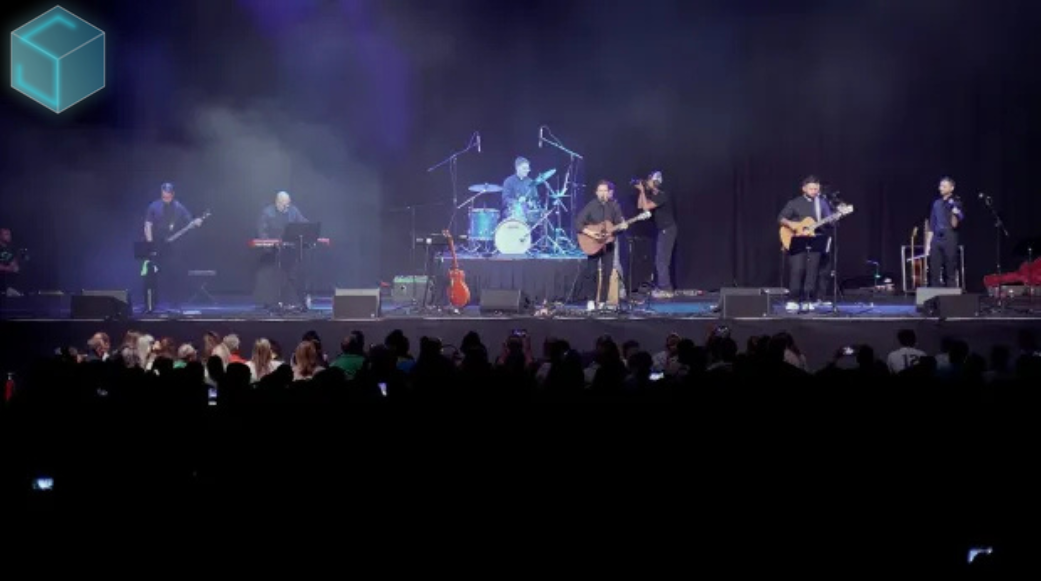
August 20, 2025
Imagine six Catholic priests performing at a sold-out Houston show instead of a well-known pop star. Their band's performance combined messages of prayer, celibacy, and faith with elements of rock...
Read more.png)
August 20, 2025
Nostalgia, Mother Mother’s latest album, is one of those rare creations. It invites us into a world where lightness isn’t escapism—it’s a form of resistance, a beacon of hope, and a path forward....
Read more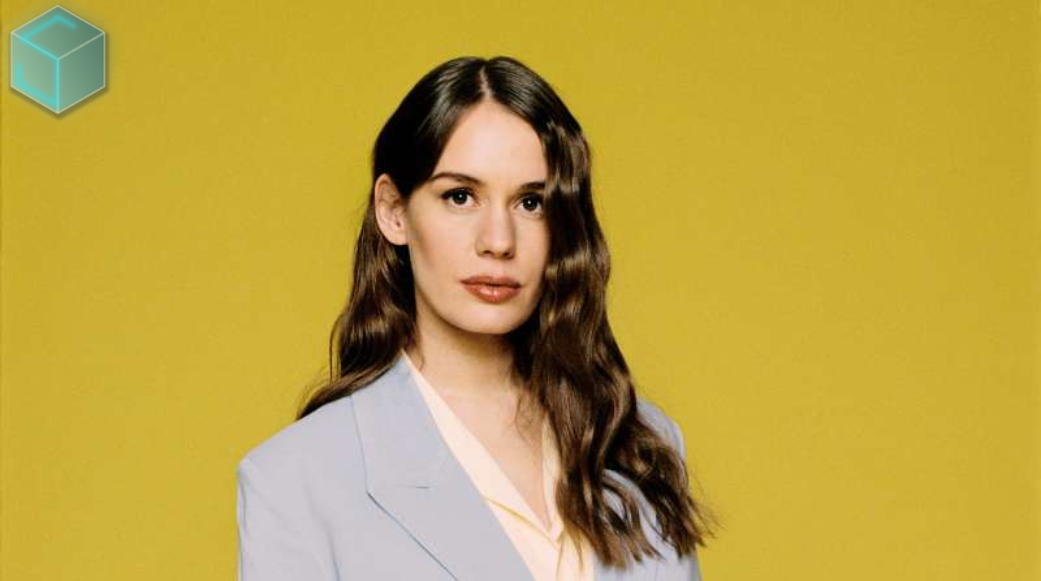
August 19, 2025
When Anna of the North released “Lovers” in 2017, it was already a dreamy synth-pop gem, filled with wistful vocals and lush production that captured the ache of young romance. But it wasn’t until...
Read more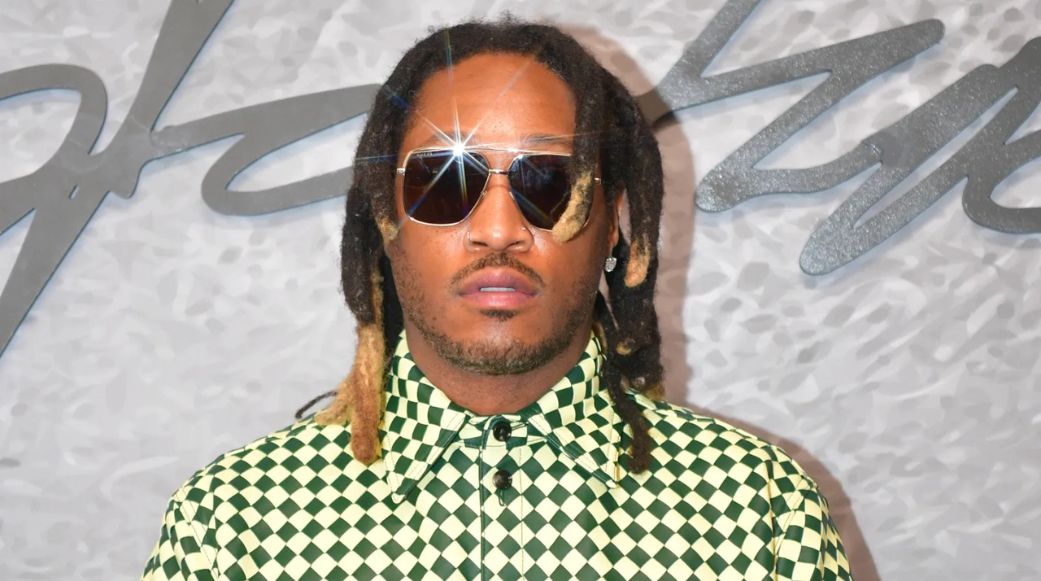
August 19, 2025
“Let Me Know” ft. Future started out as a moody, late-night playlist type of track, the kind you blast in your car pretending you’re in a music video while stuck in traffic. But now? It’s become...
Read more
August 19, 2025
“Your Idol” stands out in Kpop Demon Hunters not just as a catchy track, but as one of the most self-aware songs in the whole project. At first listen, it has all the hallmarks of a classic K-pop...
Read more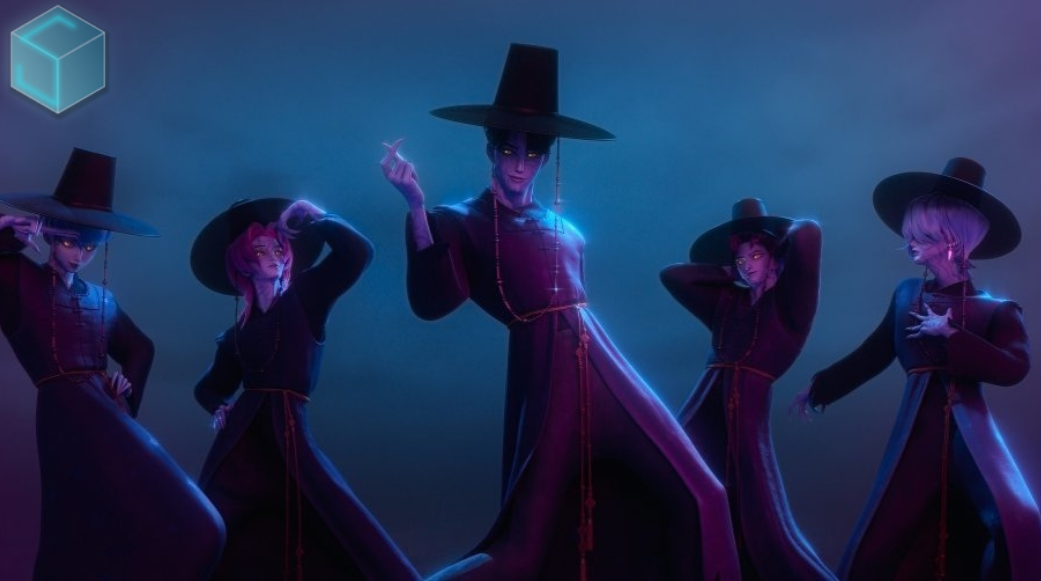
August 19, 2025
If you’ve scrolled TikTok, Insta, or literally any corner of the internet in the past few weeks, you’ve probably heard it: the fizzy, feel-good bop known as “Soda Pop” by the Saja Boys. Straight...
Read more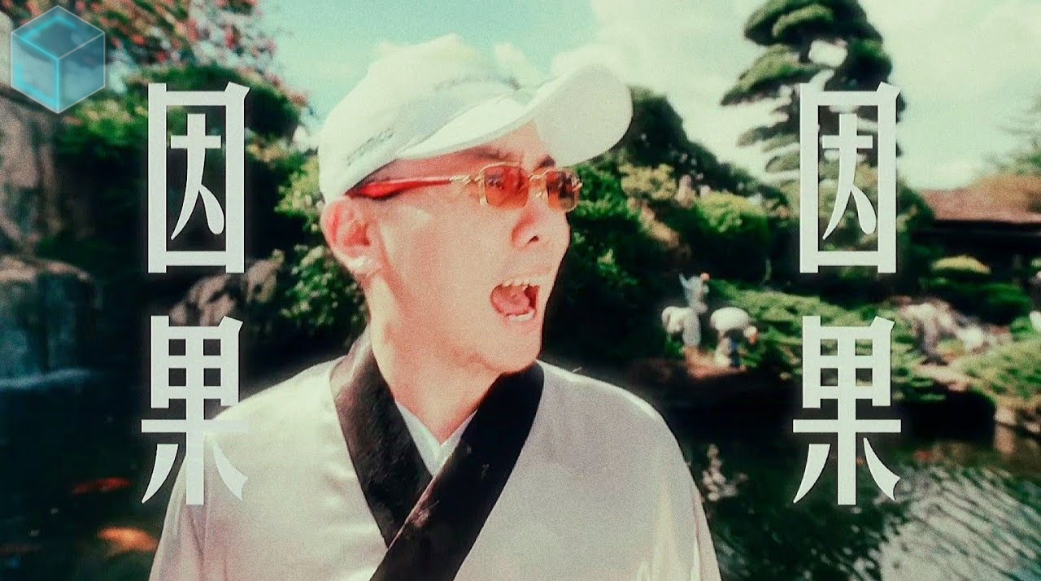
August 19, 2025
Skai Is Yourgod didn’t just drop a song, he dropped a cultural grenade. His track “Stacks From All Sides” has taken TikTok by storm, and the secret sauce? A cheeky little sample from Beetle on...
Read more
August 19, 2025
After 70 weeks at No. 1 with “Too Sweet,” Hozier’s reign on Billboard’s Hot Rock Songs chart comes to an end as newcomer Sombr takes over with...
Read more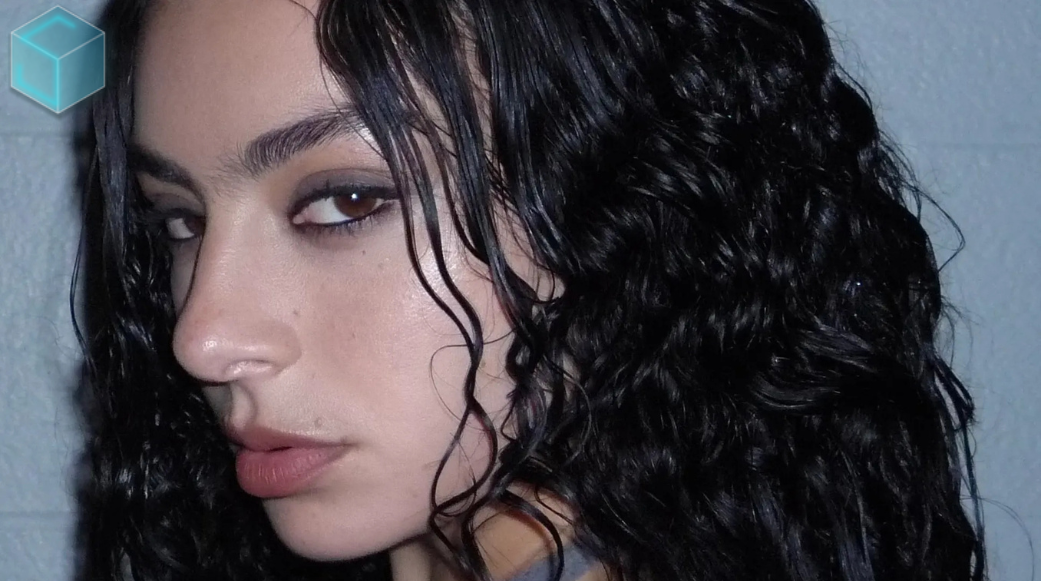
August 19, 2025
Charli XCX brought her groundbreaking Brat era to a poignant close Friday night during an electrifying performance at South Korea's One Universe Festival. The pop innovator marked the final...
Read more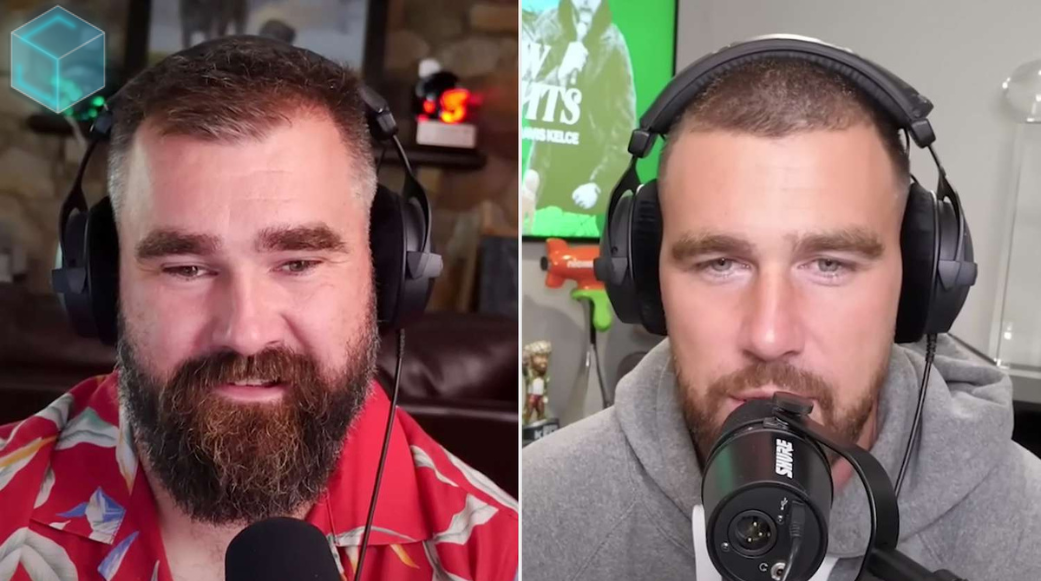
August 19, 2025
Taylor Swift’s appearance on Travis and Jason Kelce’s New Heights podcast drew 1.3M live viewers, breaking YouTube records and sparking buzz with details about her new album The Life of a...
Read more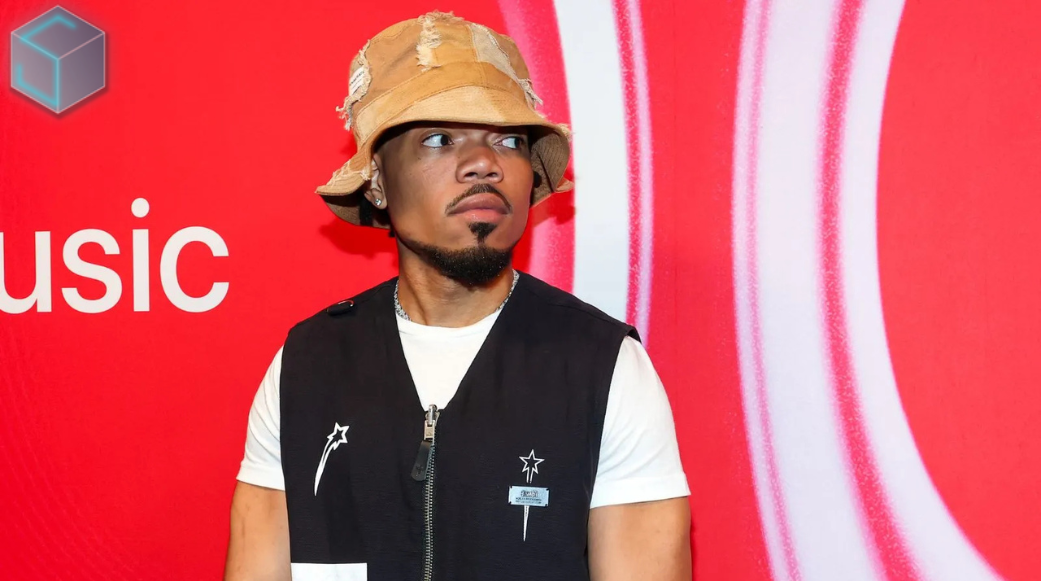
August 19, 2025
After a six-year silence, Chance the Rapper is officially back. On August 15, 2025, he will drop his sophomore album, Star Line, marking a new chapter filled with growth, travel, and creative...
Read more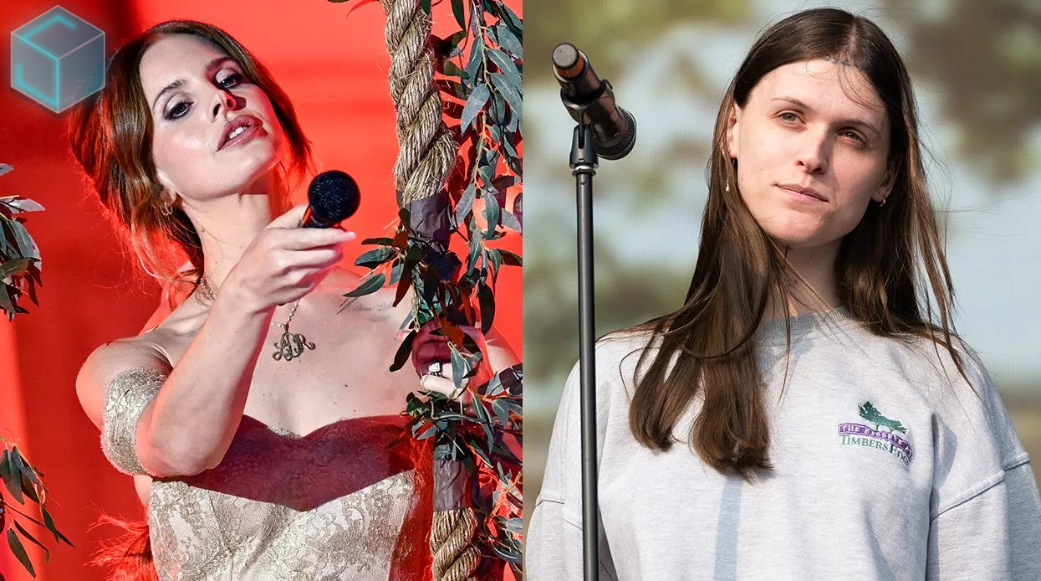
August 19, 2025
Lana Del Rey’s new song takes aim at Ethel Cain, referencing an alleged personal rift involving Instagram posts, a mutual ex, and behind-the-scenes remarks...
Read more.png)
The rise of streaming platforms has fundamentally reshaped the music industry, offering convenience and accessibility to millions of listeners. However, for many musicians, the rapid growth of services like Spotify, Apple Music, and YouTube has brought with it an unfortunate downside: a significant decline in revenue. As streaming continues to dominate the way people consume music, artists are pushing back against the diminishing payments they receive, calling attention to the unsustainable business model that puts their livelihood at risk.
For years, musicians have relied on physical album sales and live performances to generate income. In the streaming era, however, the payment structure has changed, with artists receiving mere fractions of a penny per stream. According to a recent study, the average artist earns just $0.003 per stream on platforms like Spotify. This payment model has sparked frustration among musicians, who argue that the current system is not equitable and disproportionately benefits the platforms and record labels while leaving the artists who create the content struggling to make ends meet.
Tori Amos, a Grammy nominated artist and advocate for musician rights, recently expressed her concerns about the streaming payment structure. “We’re talking about pennies per stream, and it just doesn’t add up. It’s a system that’s broken for those of us who are actually creating the music," Amos said. She, along with other musicians, is pushing for more transparent and fair payment models that better compensate the creators at the heart of the industry.
The decline in streaming revenue has led to a growing movement among musicians who are demanding that streaming services provide more equitable compensation. Advocates are pushing for changes to the per stream payment model, urging platforms to increase the payouts to artists and restructure payment systems so they are more reflective of the artists’ contributions. Some musicians are even exploring new methods to bypass traditional platforms altogether, such as turning to direct fan subscriptions or blockchain based systems to take control of their revenue streams.
Rufus Wainwright, an internationally acclaimed singer songwriter, is vocal about the challenges artists face in the streaming world. "The way it works now, artists don’t see the rewards they deserve. We need more sustainable revenue streams," Wainwright said during a recent panel discussion on the issue.
Streaming services have acknowledged the ongoing debate and some are beginning to make changes. Platforms like Spotify and Apple Music have experimented with various ways to increase payouts, including offering higher royalty rates for premium subscribers and launching features that allow fans to directly support artists. However, critics argue that these changes have yet to make a substantial impact on the lives of most musicians, especially those who don’t have the massive followings of superstars.
Daniel Ek, the CEO of Spotify, defended the company’s payment model in a public interview, claiming that streaming services provide musicians with valuable exposure that leads to other revenue streams such as concert sales and merchandise. Yet, the growing backlash from musicians indicates that many feel these promises of exposure aren’t enough to sustain their careers.
As the debate continues, some experts suggest that a comprehensive overhaul of the streaming model is necessary. One proposed solution is the implementation of a “user-centric payment system,” where subscribers’ monthly fees are directly distributed to the artists they listen to most. This model could potentially offer a more fair and personalized payment structure, ensuring that artists are compensated according to the actual listening habits of their fans.
Imogen Heap, an innovator in the music tech space, is championing this idea, stating that such a shift could restore more control to artists over their income. Heap has been experimenting with blockchain technology to help musicians receive fair compensation for their work, offering a glimpse into potential future solutions for the industry.
The fight for better compensation is far from over, and as musicians continue to push back against dwindling payments from streaming services, the conversation around fair pay in the music industry is becoming increasingly urgent. While streaming has revolutionized music access and made it easier for fans to discover new artists, it’s clear that the current system is not sustainable for many creators.
As this issue continues to gain traction, the hope is that industry leaders, streaming services, and artists can come together to create a more balanced and fair system one where the artists who make the music are compensated appropriately for their work. Until then, the debate over streaming royalties will remain a critical conversation within the music industry.